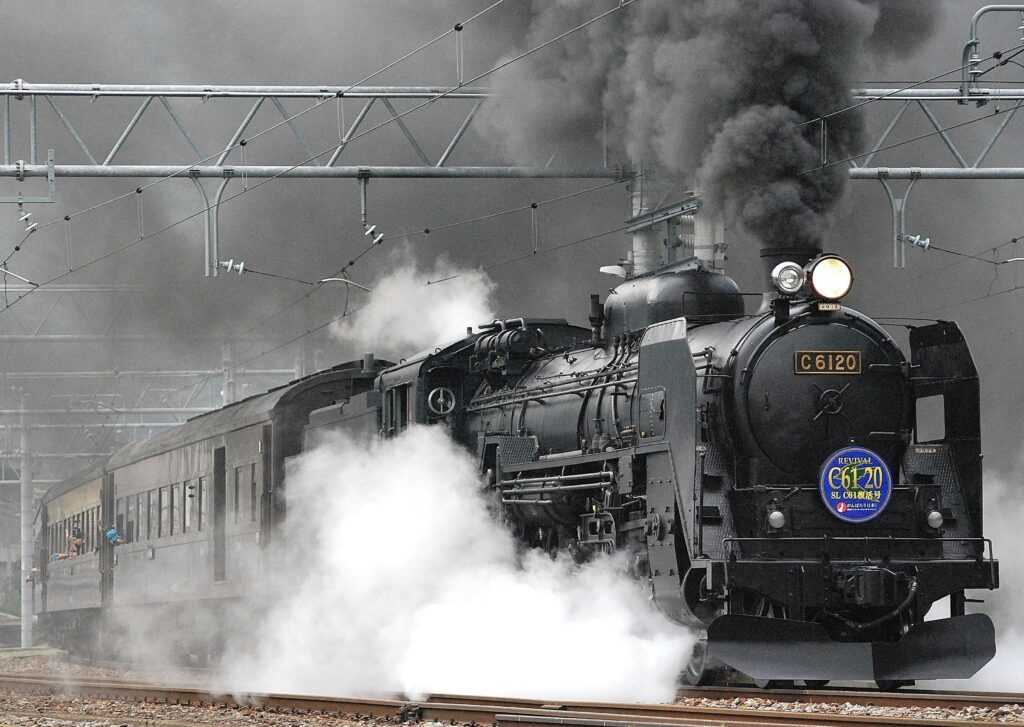Lieberman Injury Law shares articles and information that help keep you and your loved ones safe. Thank you for reading/sharing. We welcome your comments and inquiries.
TRAIN DANGERS, RAILROAD HAZARDS
Trains have been around for over 150 years and they continue to play a vital role in our economy. They transport goods over long distances far more cheaply than do planes or trucks. However, all those trains mean that there are frequent accidents and, because trains are so large, these accidents can cause very serious injuries. Thousands of people are injured by trains in the United States every year. Such an injury may give rise to a claim against a railroad.
Be Careful!
Of course, the best way to deal with train collisions is to prevent them in the first place. Drivers and pedestrians need to remember that trains are large and heavy, and they take a long time to stop. Trains are confined to their tracks and if you are on the tracks, they will probably hit you. Drivers who are crossing a railroad track should carefully check for trains before crossing the tracks, even if the crossing is equipped with warning devices such as lights and gates.
Drivers must be especially careful at crossings where there is more than one set of tracks, because a train on the first set of tracks may obscure their view of a train on the second set of tracks. Never cross the tracks unless there is room for your car to drive completely off of the tracks on the other side. If a train is anywhere in sight, wait for it to pass. Needless to say, do not drive around lowered crossing gates. It is far better to be a few minutes late than dead.
Pedestrians also need to exercise caution and should follow the same rules as drivers. Pedestrians should cross train tracks only at marked crossings, and they should not walk across or fish from a train trestle because they may be trapped if a train arrives unexpectedly. Train tracks should never be used as paths or walkways. In fact, pedestrians should be very careful even when walking beside railroad tracks because trains hang over the edge of the tracks by at least three feet on each side—cargo may extend this distance even further.
Accidents Happen
Unfortunately, people are sometimes involved in an accident with a train. If this happens, the nature of the injured person’s claim may depend on what the person was doing at the time he or she was injured. People who are hurt in a collision with a train may have a negligence claim against the railroad. To prevail on a negligence claim requires showing that the railroad owed the person some duty of care and that the railroad breached this duty and caused some injury.
Although trains usually have the right of way, this does not mean that trains may go barreling through crossings at top speed at all times. Instead, the operator of the train must use reasonable care, which may mean slowing down in built‑up areas and keeping a sharp lookout for vehicles or pedestrians. Reasonable care may also require a railroad to erect the appropriate warning and signal devices in order to alert people when a train is coming.
Railroads owe a higher obligation to the passengers who “ride the rails.” For historical reasons, railroads are usually treated as common carriers, which means that although they are not insurers of the safety of their passengers, they may have an affirmative obligation to protect them from harm, including injuries that might occur when the train is derailed. All of the facts and circumstances surrounding the accident can affect the determination of whether the railroad was or was not negligent.
If the accident involves an employee of the railroad, the claim is subject to a federal law called the Federal Employers’ Liability Act (FELA). Unlike most workers’ compensation laws, which protect workers who have been hurt at work regardless of fault, FELA requires that the injured worker show that the railroad was negligent. Railroads do have a general obligation to provide workers with a safe place to work, and if the worker is injured because the railroad did not provide him or her with the appropriate tools or equipment, the railroad may be guilty of negligence.
Get Legal Help
Railroad injury lawsuits can involve navigating a minefield of state and federal laws and will require showing that the railroad should be liable under the particular circumstances of the case. Do not do it alone. Get the help of an experienced personal injury attorney who can help you assess your claim and pursue all available sources of recovery.

